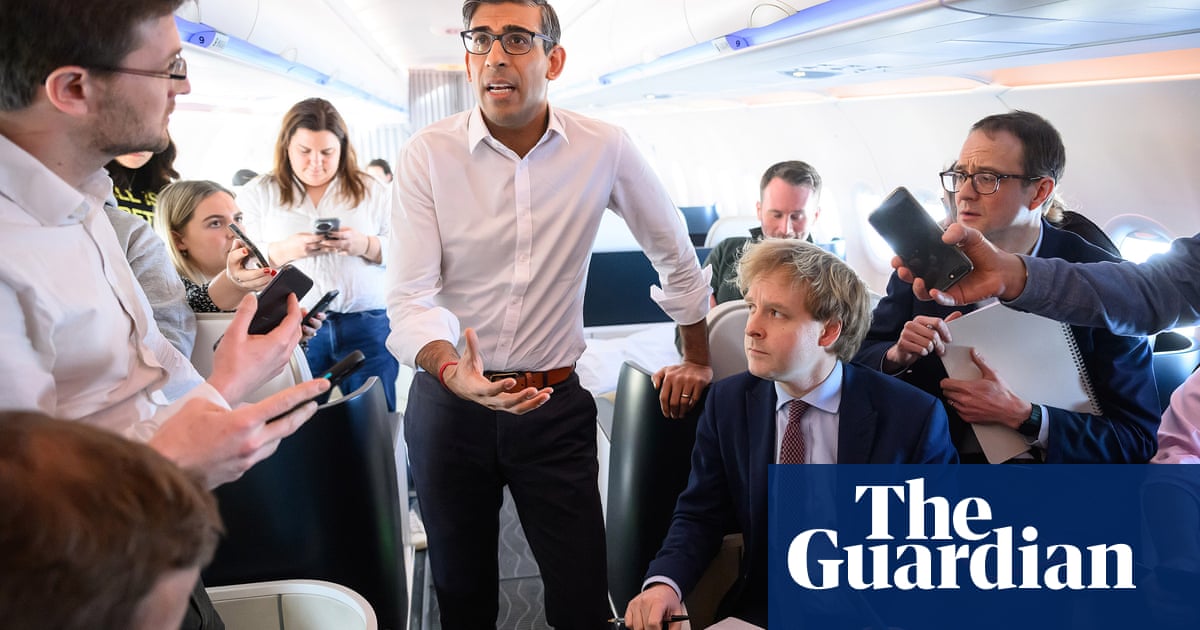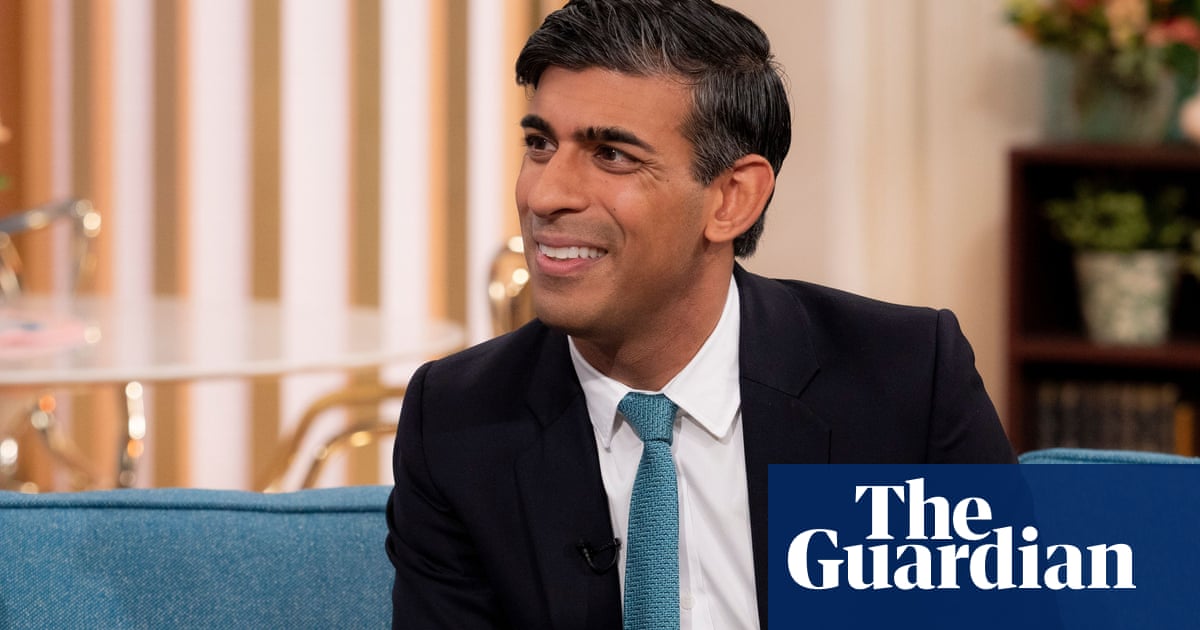
Rishi Sunak has insisted the UK will be able to lure foreign companies despite a planned rise in corporation tax, suggesting he will face down critical Conservative MPs ahead of this week’s budget.
Despite some Tory MPs’ hostility at the planned rise to corporation tax from 19% to 25%, Sunak stressed Britain would still have the lowest level of corporation tax in the G7, and added it would remain “a fantastic place to invest to grow a business”.
It came as Jeremy Hunt said there is a “hard road to follow” to return the UK to prosperity, but said his budget will include plans to improve opportunities and grow the economy.
The chancellor said Wednesday’s budget had to create a stable environment for business, but added: “Within the bounds of what is responsible, we will always look to reduce the tax burden.”
Hunt hinted there could be some tax measures, but said it would have to be done responsibly. “Last autumn, despite all the challenges we faced, we reduced business rates by an average of 10%, so a Conservative government will always cut taxes when we can. But we won’t run out of money. We will be responsible with public finances,” he told Sky.
Treasury minister Victoria Atkins defended the 25% corporation tax rate speaking to Channel 4’s Andrew Neil show on Sunday.
“We have set the 25% rate for the 10% most profitable businesses, but across the board we have set in place this permanent annual investment allowance of £1m each year, which will cover up to 99% of businesses,” she said. “It’s about the effective rate of tax, not just the headline rate of tax.”
Atkins said that most Conservative ministers instinctively wanted to do more to cut taxes. “All of our instincts [are] urging us to make the sorts of changes you’re talking about, we want to make in the future. It’s just that we have to be fiscally responsible,” she said.
Sunak, speaking to reporters en route to a summit with the leaders of Australia and the US, said he would not be drawn on further detail, including a new measure expected next week to see the super deduction – which allowed businesses to offset 130% of investment spending on plant and machinery against profits – replaced by 100% capital allowances.
“I never loved it, when I was chancellor in the run up to a budget … when the prime minister starts speculating on the contents of a budget,” Sunak said, in a potshot at his predecessors. “I really want to be careful because the chancellor speaks for himself.”
Hunt has already announced a package of measures on benefits and childcare in order to help people return to work. Parents eligible for help through universal credit will now be given childcare funding upfront, while it is understood that the amount they can claim will increase by hundreds of pounds.
Treasury sources have hinted there could be more to come in the budget on childcare as Hunt acknowledged that the plans announced so far would not help those not on universal credit. “We would like to help everyone. It’s expensive to do it. You can’t always do everything at once,” he said.
Hunt is said to have considered raising the amount childcare providers receive in order to cover free hours set by the government, a key ask from the sector which has seen many providers go under.
The chancellor has also asked officials to reexamine more free childcare hours for one- and two-year-olds, having previously been rejected as too expensive. Labour has been piling pressure on the government to do more including a speech by the shadow education secretary, Bridget Phillipson, who suggested Labour would make a big, comprehensive offer at the next election.
The Treasury also announced plans over the weekend to scrap the work capability assessment and replace it with a new system so that disabled people can try to take on extra work without being made to undergo reassessment if they need to leave work for health reasons.
The plan, which had previously been announced by Labour, is billed as the biggest reform to welfare in a decade.
Hunt said on Sunday the budget would aim to “break down the barriers that stop people here in the UK from working, whether that’s parents who have obstacles because of childcare costs, whether it’s older people who feel they need to retire earlier … whether it’s long-term sick who find there are barriers to working.
Hunt said there was “no easy fix” for young people struggling with housing and the rising cost of living but the budget would aim to give hope.
“We actually have a record low youth unemployment, there are more jobs available for young people than we’ve ever had before. We’d have to do what it takes to bring down the cost of housing … we have to show to young people that having weathered these very difficult storms, having grown better than many other major countries, we have a plan for the future,” he told the BBC’s Laura Kuenssberg programme.












